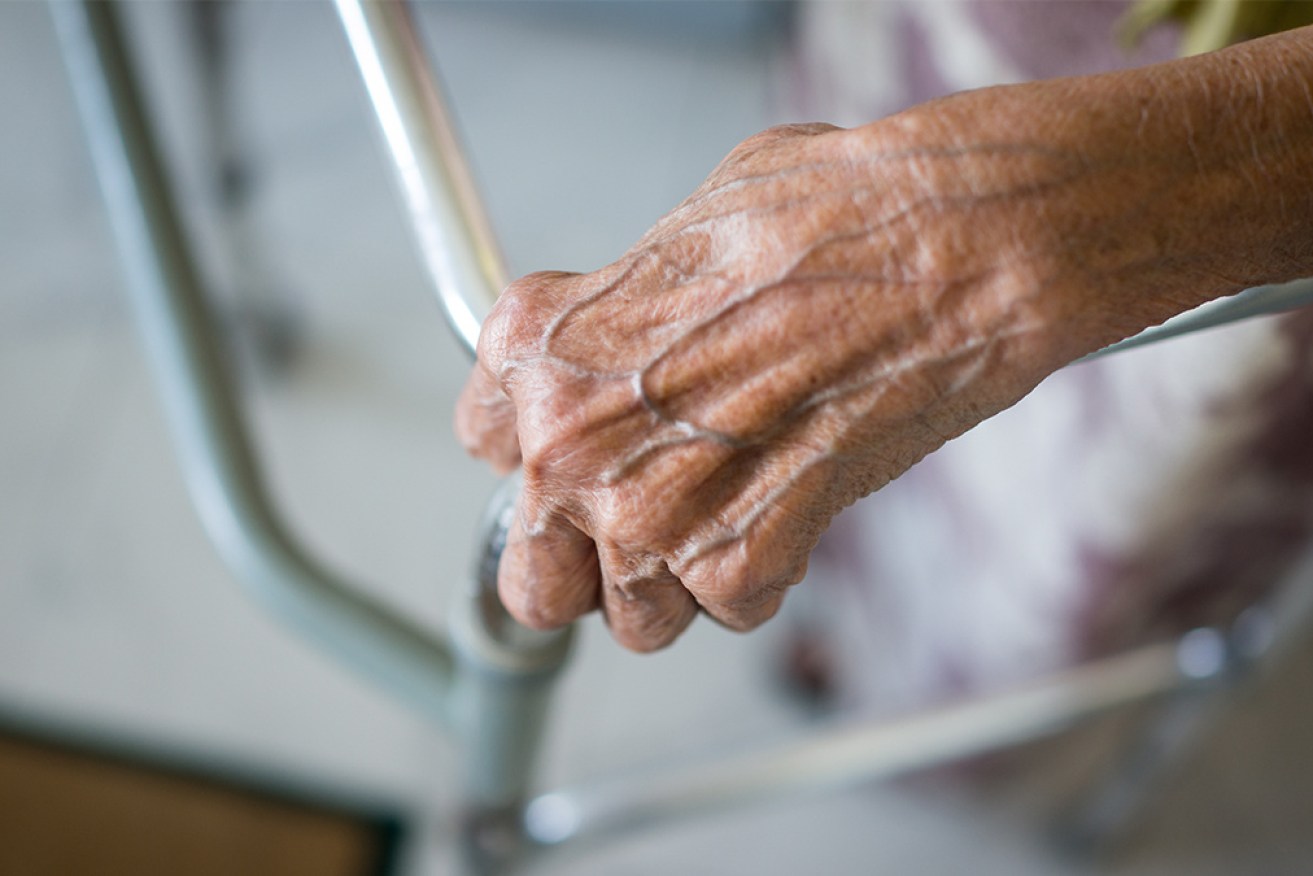‘If you stay at home, you live longer’: Financially stretched aged care can lead to ‘premature death’


South Australia will impose new restrictions on nursing homes to prevent COVID-19 infections. Photo: AAP
The abrupt closure of the Earle Haven retirement and aged care facility on the Gold Coast last week, which left 70 aged people homeless, has highlighted the dangers of the current aged care system.
Advocates say troubles in the system leave residents vulnerable to early death.
“People need to be very concerned as the care and daily living allowances in nursing homes are run on very tight budgets, leading to problems in care and staffing,” said Paul Versteege, policy co-ordinator with the Combined Pensioners and Superannuants Association [CPSA].
Earle Haven closed suddenly on Thursday over a contract dispute between its owners and managers that had allegedly left staff unpaid for a month.
“People Care [the Earle Haven owners] committed an act of extreme elder abuse against the residents of the Earle Haven nursing home by abandoning them without any transition plan in place,” Mr Versteege said.
Lack of money and qualifications
Mr Versteege said the closure highlighted two problems with aged care.
One was the tight budgets that resulted from low government subsidies for daily care that encouraged centres to cut corners.
The other was a lack of regulation over the qualifications of staff.
A key question for people looking for aged care places and their families was ‘How many registered and enrolled nurses do you have in relation to residents?’, Mr Versteege said.
“But even if they tell you, it can change as there is no mandated requirement. They can be employed for any time and may not even be on site,” he said.
The result is major safety issues for residents.
“The risk people run [going into care] cannot be overstated – it almost by definition leads to a premature death. If you stay at home, you live longer,” Mr Versteege said.
“It’s not that people are being nasty; it’s just being under a constrained environment.”
New staffing legislation
Centre Alliance MP Rebekha Sharkie has introduced a bill to Parliament that will require nursing homes to disclose staff numbers and qualifications.
After support from a committee it is expected to be reintroduced and passed next week.
While it will improve transparency for residents and families, it is a relatively small advance.
“It doesn’t mandate staff numbers and qualifications; it just says you must reveal what you have,” said Ian Henschke, CEO with National Seniors.
The current royal commission into aged care was revealing worrying realities in the system, Mr Henschke said.
“There are fewer registered and enrolled nurses in the system and more aged carers,” Mr Henschke said.
Caring deficit
Over the past 10 years the amount of specialised care for nursing home residents had risen by 0.62 hours in a day, whereas the number of high-care residents had risen four times, he said.
Current regulations demand only 3.06 hours of care for nursing home residents daily despite the jump in high-care patients, he said.
Ms Sharkie’s legislation also leaves alone the issue of training.
“There’s no requirement for people working in aged care to have any training at all,” Mr Henschke said.
“At the very least, we say all staff should have training in aged care and some should have training in dementia care.”
Evidence to the royal commission had said it would be possible to establish staffing ratios based on numbers and qualifications that could be applied across the industry, Mr Henschke said.
Industry body Leading Aged Services Australia did not comment for this story.








